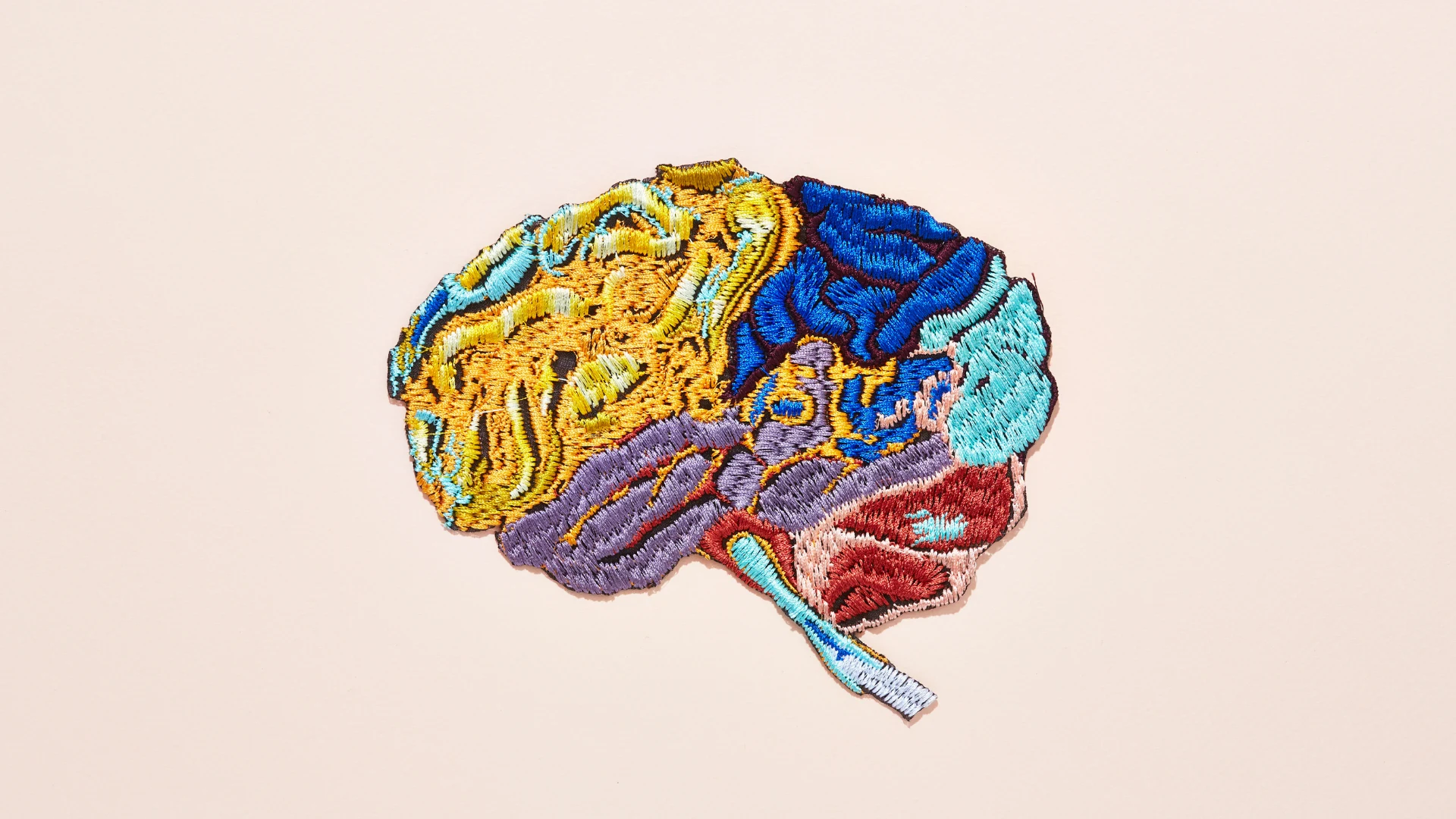Harnessing the Power of Biology: A Sustainable Revolution in Agriculture

For centuries, humans have relied on tools and machines to shape our world. But a new era is dawning, one where biology itself becomes our most powerful technology. We're increasingly recognizing the incredible potential of the natural world – particularly microorganisms – to address some of humanity's most pressing challenges, starting with food production and environmental sustainability.
The Microbial Revolution in Agriculture
Consider the vast fields of farmland stretching across the globe. Unseen beneath our feet, a silent revolution is underway, powered by microbial partners working tirelessly in the soil. These microscopic allies are not new; they've been present in the environment for millennia. However, recent advancements in biotechnology have allowed us to understand, harness, and optimize their capabilities in ways previously unimaginable.
These beneficial microbes perform a range of crucial functions. They enhance nutrient uptake by plants, enabling them to grow stronger and healthier. They improve soil structure, leading to better water retention and reduced erosion. Crucially, they help plants resist diseases and pests, decreasing the need for harmful pesticides. The result is higher crop yields and a reduced reliance on synthetic fertilizers – both of which have significant environmental benefits.
A Growing Impact: Reducing Greenhouse Gas Emissions
The impact of this biological revolution is already being felt. Since 2022 alone, these microbial partners have prevented over 1.3 million metric tons of greenhouse gas emissions. This is a remarkable achievement, demonstrating the potential of biological solutions to mitigate climate change. By reducing the need for nitrogen-based fertilizers, which are a major source of nitrous oxide (a potent greenhouse gas), we can significantly lower our environmental footprint.
Beyond Agriculture: The Broader Implications
The applications of this “biological technology” extend far beyond agriculture. Researchers are exploring the use of microorganisms in areas such as bioremediation (cleaning up polluted environments), biofuel production, and even the creation of sustainable materials. The ability to engineer biological systems to perform specific tasks opens up a vast landscape of possibilities.
Looking Ahead: A Future Powered by Biology
The convergence of biology and human ingenuity represents a paradigm shift in how we approach problem-solving. As our understanding of the microbial world deepens and our ability to manipulate biological systems improves, we can expect to see even more transformative applications in the years to come. Embracing this biological revolution is not just about improving our food systems; it's about building a more sustainable and resilient future for all. The quiet revolution is gaining momentum, and its potential to reshape our world is truly remarkable.






